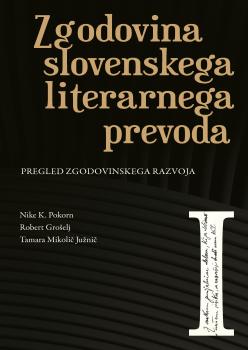Translating Secular Drama in the Age of Enlightenment
Synopsis
In the Age of Enlightenment, two original works and several translations gradually shaped Slovene secular drama, while translation itself progressively allowed the language to eventually function on stage in the secular theatre. Translators (such as Jurij Japelj, Anton Tomaž Linhart, Žiga Zois, Jernej Kopitar and Valentin Vodnik) translated Italian (Pietro Metastasio, Filippo Livigni, Giuseppe Maria Foppa), Austrian (Joseph Richter), French (Pierre-Augustin Caron de Beaumarchais) and German works (August von Kotzebue). Additionally, two translations of plays were published (Županova Micka [Micka the Mayor’s Daughter] and Veseli dan ali Matiček se ženi [The Merry Day or Matiček’s Wedding]), and two were put on stage (Županova Micka and Tinček Petelinček [Tinček the Little Rooster]). The pinnacle of these efforts was Linhart’s Matiček, based, on the one hand, on the tradition of Slovene literature, and on the other hand, on classical works of European drama (Beaumarchais’ comedy La Folle Journée ou le Mariage de Figaro) and opera (Mozart’s opera Le nozze di Figaro). The achievements of the Age of Englightenment, especially the successful staging of Micka, became the foundation of the future continuous development of Slovene secular drama and theatre.


